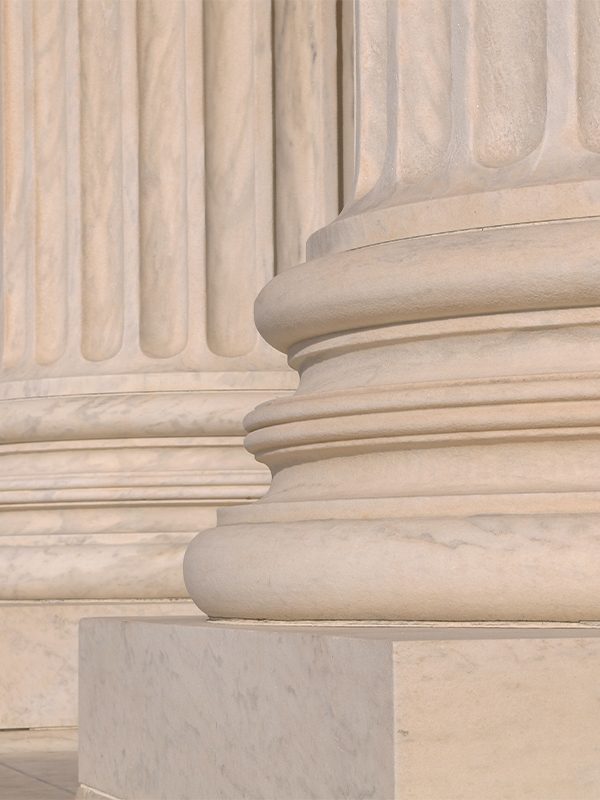We’re on the Case
What Is a Conspiracy Anyway?
Complex charges involving multiple people accused of crimes will often include conspiracy charges, which can be difficult to explain to clients and to juries. The crime really involves two allegations: (1) that there was a planned crime, also called the object crime; and (2) that the accused agreed with one or more people to cause the performance of that crime.
Thankfully, under our law you generally can’t punish someone for their thoughts, discussions, or debates. If that was the case, I’m pretty sure my Alexa device at home would’ve turned me in for all sorts of expletives. So an agreement has to be proven by what the courts call “overt acts” that are taken by the participants in a conspiracy to “further” the conspiracy. For example, driving someone to the location where they plan to commit a crime. Of course, that isn’t enough to prove your participation. If that were the case, taxi drivers would be members of the conspiracy! Prosecutors are required to prove that you – the driver – desired for the planned crime to occur.
It gets complicated, however. Let’s say you drive someone to a Best Buy store with the intention of having them steal a phone, laptop, or TV, come back to the car, and drive out of there with a bunch of new electronics. What if your passenger upon arriving in the store pulls out a gun, and instead steals a wallet, a pocketbook, and a diamond necklace from customers in the Best Buy at gunpoint? Can you insist you weren’t a member of a conspiracy to commit armed robbery because you only wanted to steal an Apple product from the counter? Not likely. If a person joins a criminal conspiracy, he might be liable for any of the actions of its other members. The overt act in driving an accomplice to the store was intended by you to achieve the overall objective of the conspiracy. The overt act doesn’t need to be criminal in of itself. And you only need to take one step towards furthering the conspiracy. It doesn’t matter if the actions of your co-conspirator once he stepped in that store escalated.
What if your passenger got out of the car, but then got cold feet and fled to the mall’s food court, never to be heard from ever again? Sounds like the purpose of the conspiracy was never accomplished, so you’re off the hook, right? Guess again. Conspiracy itself is a crime, with different levels of severity based on the seriousness of the object crime. Even if the government fails to prosecute the underlying crime, you could still be charged with the crime of Conspiracy if you and your friend were under surveillance, for example.
Conspiracies are often proven with circumstantial evidence. You may think from television and movies that this implies the evidence is weaker than say, a fingerprint, or a physical item recovered from a crime scene. Not necessarily! Circumstantial evidence is simply evidence which requires a jury to infer the existence of other facts. For example, a recorded phone call where someone who sounds an awful lot like you states, “I’ll pick you up at 8 o clock” could be used to prove that you did in fact drive the Best Buy armed robber around that time. The job of your attorney is to convince a judge or jury that the inferences prosecutors draw from their evidence are unreasonable or not to be believed. But given the law of conspiracy, this can be difficult indeed.



